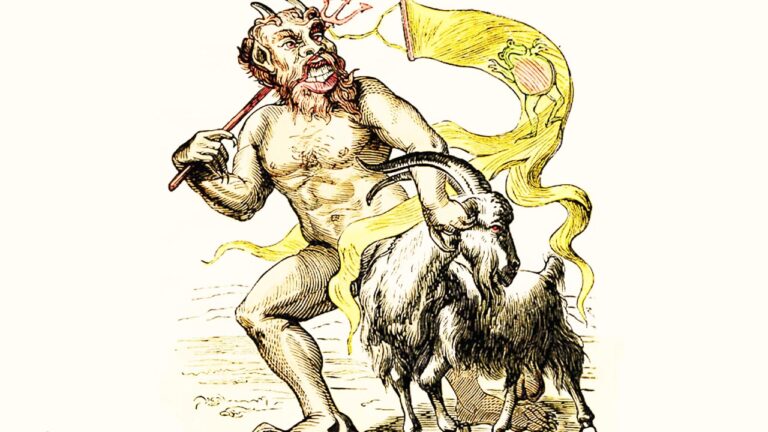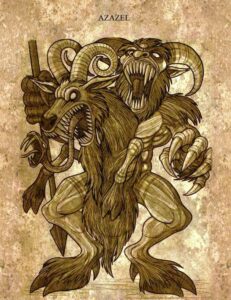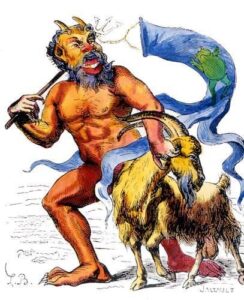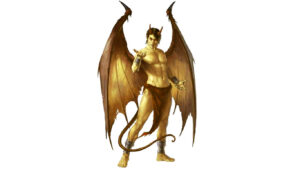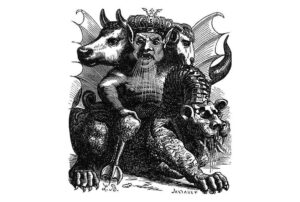Table of Contents
Who is Azazel?
Azazel FAQ
Who is Azazel in Christianity?
In Christian interpretations, Azazel may be linked to fallen angels or demonic entities, although views vary within Christian theology.
Who is Azazel in the Bible?
Azazel is mentioned in Leviticus 16 in the context of the Day of Atonement ritual, where a scapegoat symbolically carries away sins.
What kind of demon is Azazel?
Azazel is often associated with demonic or fallen angelic qualities, but interpretations vary across religious and mythological traditions.
What does Azazel mean?
The meaning of Azazel is not definitively established, but it is linked to concepts of removal, scapegoating, or symbolic purification.
How to pronounce Azazel?
Azazel is typically pronounced as "ah-zah-zel."
How powerful is Azazel?
Azazel's power varies in interpretations; in some traditions, he is considered a powerful force linked to sin and atonement.
What does Azazel mean in Hebrew?
The exact meaning is unclear, but it may involve ideas of removal or separation, reflecting its role in the scapegoat ritual.
Who is Azazel in Leviticus 16?
In Leviticus 16, Azazel is the symbolic scapegoat onto which the sins of the community are placed during the Day of Atonement.
What does Azazel look like?
Physical descriptions vary; artistic depictions may range from celestial beings to more abstract or symbolic representations.
What does Azazel represent?
Azazel often symbolizes atonement, purification, or the bearing away of sins in religious and mythological contexts.
How did Azazel become a fallen angel?
Azazel's status as a fallen angel is not explicitly detailed in traditional religious texts, but some interpretations connect him with rebellious angels.
What does the name Azazel mean?
The exact meaning is uncertain, but it is linked to themes of removal, scapegoating, or purification in religious contexts.
What did Azazel do?
Azazel's actions vary in interpretations; in Leviticus, it involves carrying away the sins of the people symbolically.
Where is Azazel?
Azazel is often associated with the wilderness or otherworldly realms, depending on the cultural or religious narrative.
Why did Azazel fall?
The reasons for Azazel's fall are not explicitly detailed in traditional texts, but interpretations often connect it with rebellion or defiance.
